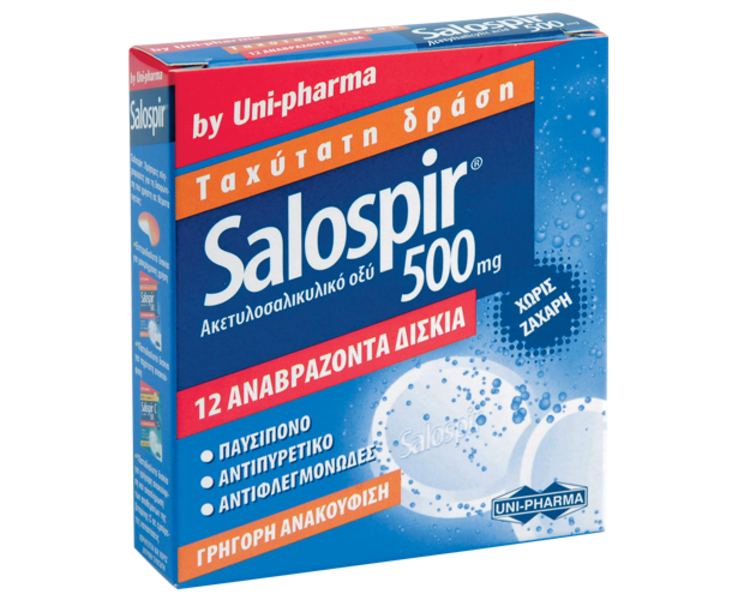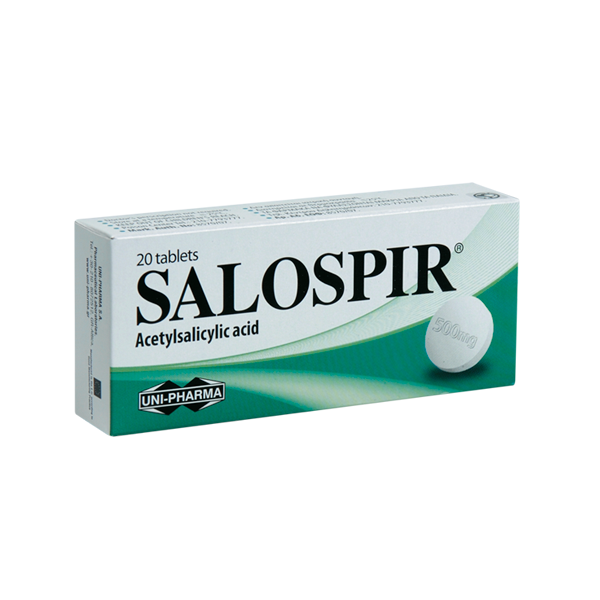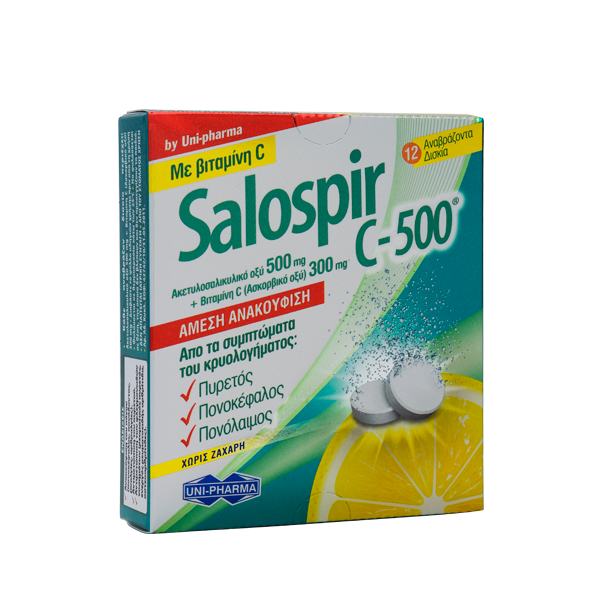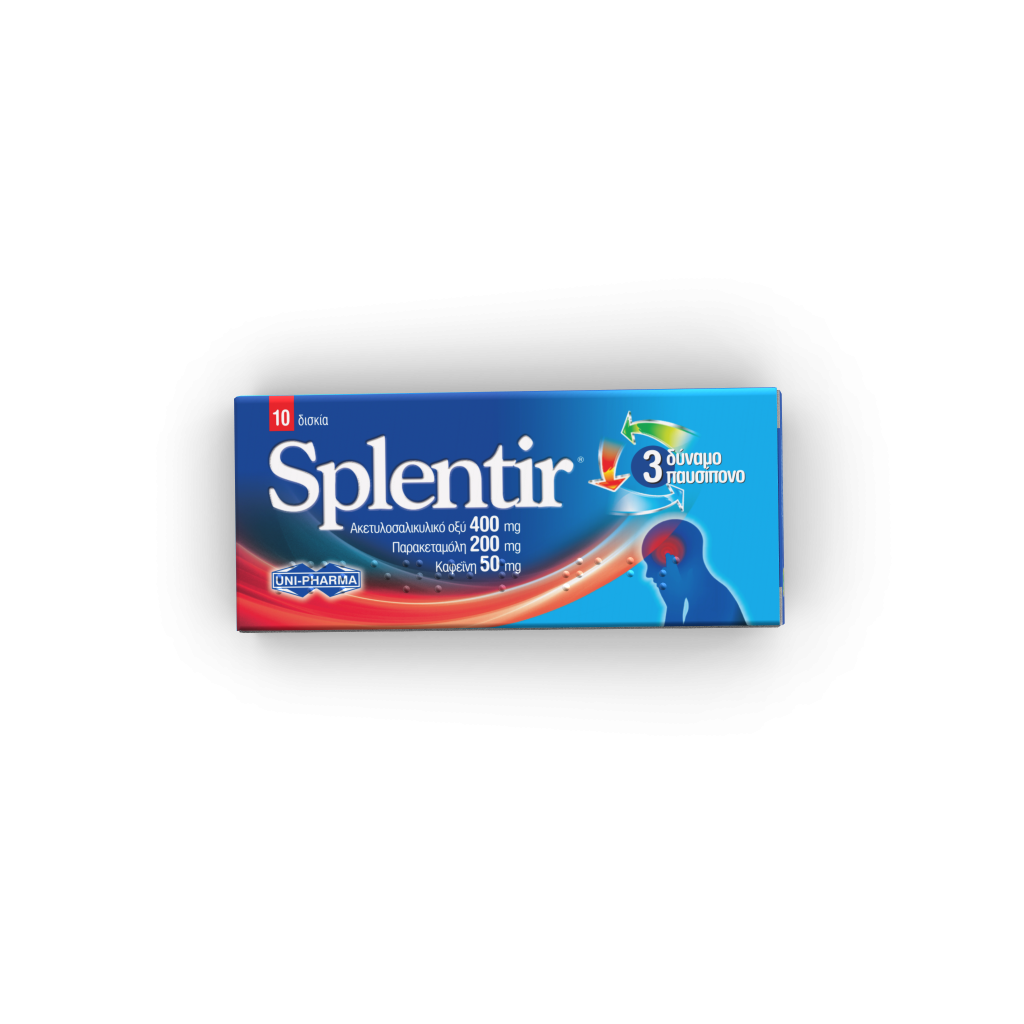Medicines / Non-Prescription (OTC)







As salicylate, acetylsalicylic acid belongs to the group of acidic non-steroidal analgesic/antipyretic medications. As an ester of salicylic acid, acetylsalicylic acid has analgesic, antipyretic and anti-inflammatory properties. Its mechanism of action includes inhibition of cyclooxygenase and as a result the inhibition of prostaglandins: prostaglandin E2, prostaglandin I2, and thromboxane A2.Indications:
- For mild to moderate pain, such as headache, neuralgia, myalgia, arthralgia and generally pain of non-bowel origin
- Generally, in feverish conditions
- In various inflammatory diseases, such as rheumatic fever, active rheumatic arthritis (juvenile and adult), osteoarthritis


As salicylate, acetylsalicylic acid belongs to the group of acidic non-steroidal analgesic/antipyretic medications. As an ester of salicylic acid, acetylsalicylic acid has analgesic, antipyretic and anti-inflammatory properties. Its mechanism of action includes inhibition of cyclooxygenase and as a result the inhibition of prostaglandins: prostaglandin E2, prostaglandin I2, and thromboxane A2. Indications:
- For mild to moderate pain, such as headache, neuralgia, myalgia, arthralgia and generally pain of non-bowel origin
- Generally, in feverish conditions
- In various inflammatory diseases, such as rheumatic fever, active rheumatic arthritis (juvenile and adult), osteoarthritis


As salicylate, acetylsalicylic acid belongs to the group of acidic non-steroidal analgesic/antipyretic medications. As an ester of salicylic acid, acetylsalicylic acid has analgesic, antipyretic and anti-inflammatory properties. Its mechanism of action includes inhibition of cyclooxygenase and as a result the inhibition of prostaglandins: prostaglandin E2, prostaglandin I2, and thromboxane A2.Vitamin C (ascorbic acid) is a necessary constituent of the human organism. It is a strong reducing agent. Its metabolic role is multifaceted. In the intestine, it favors the absorption of the non-heme iron. It contributes to the synthesis of hydroxyproline, corticosteroids and carnitine. It is the precursor of the oxalate salts that are discharged from the kidneys. It has a strong antioxidant capacity on lipid metabolism, cell membranes and vitamins.Indications:
- For mild to moderate pain, such as headache, neuralgia, myalgia, arthralgia and generally pain of non-bowel origin
- Generally, in feverish conditions
- In various inflammatory diseases, such as rheumatic fever, active rheumatic arthritis (juvenile and adult), osteoarthritis

Analgesic, antipyretic.
Tablets: (400 200 50) mg/tab
